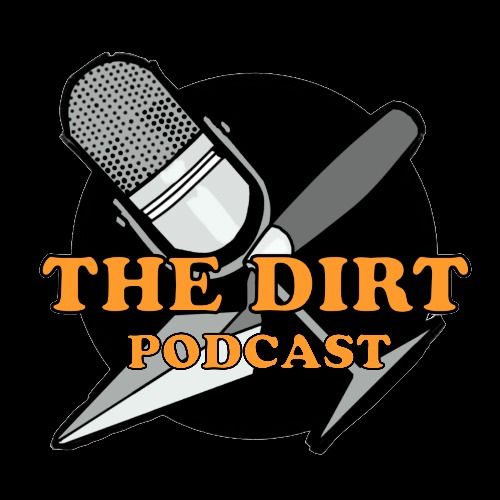bonus
Deep Cuts: The Vogue-a of Yoga
It's late! But it's here! This month, Anna brings Amber along for an exploration of how yoga came to be what it is today in the United States.
Iowa Swami Who Beguiled the Jazz Age (The New York Times)
America's First Yoga Scandal (Mental Floss)
Lululemon quarterly sales top expectations, CEO ‘cautiously optimistic’ for rest of 2020 (CNBC)
Decolonizing Yoga: Beyond the Yoga-Industrial Complex (CounterPunch)
An Introduction to Yoga: The Art of Transformation (Asian Art Museum)
The Whitewashing of “#WhitePeopleDoingYoga” (Mother Jones)
Amber's note: I read this Mother Jones essay after we recorded the episode, because I knew something had been up about the exhibit back in 2013 but was confident I only caught a whiff of the real problems. I don't want my comments in the ep to feel flippant or dismissive of the deeper problems Bhakta describes regarding censorship, appropriation, and ripping artists off financially. If I'm feeling charitable, I'd say these curatorial and marketing calls a swing and a miss on the part of the museum, but history tells us that it's more likely to have been a bit more intentional than that.

